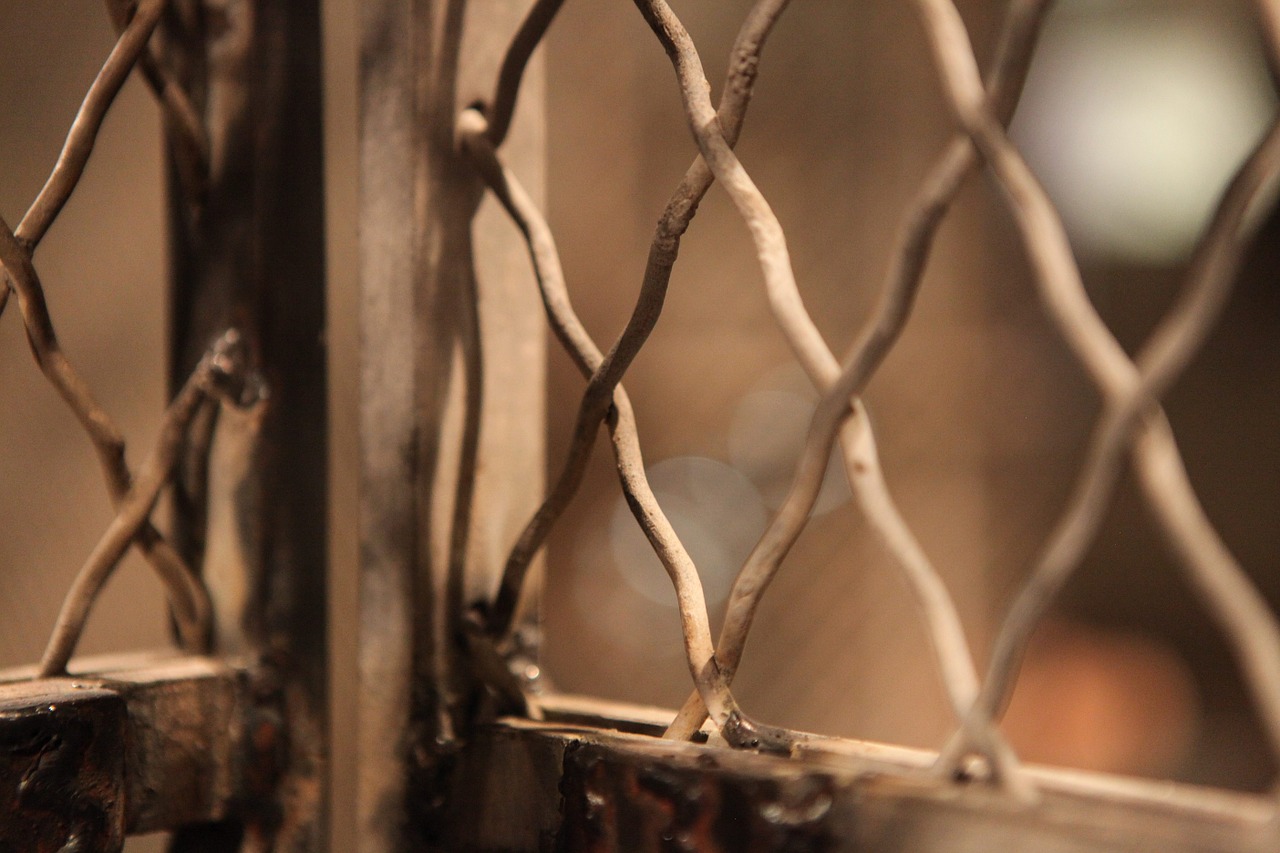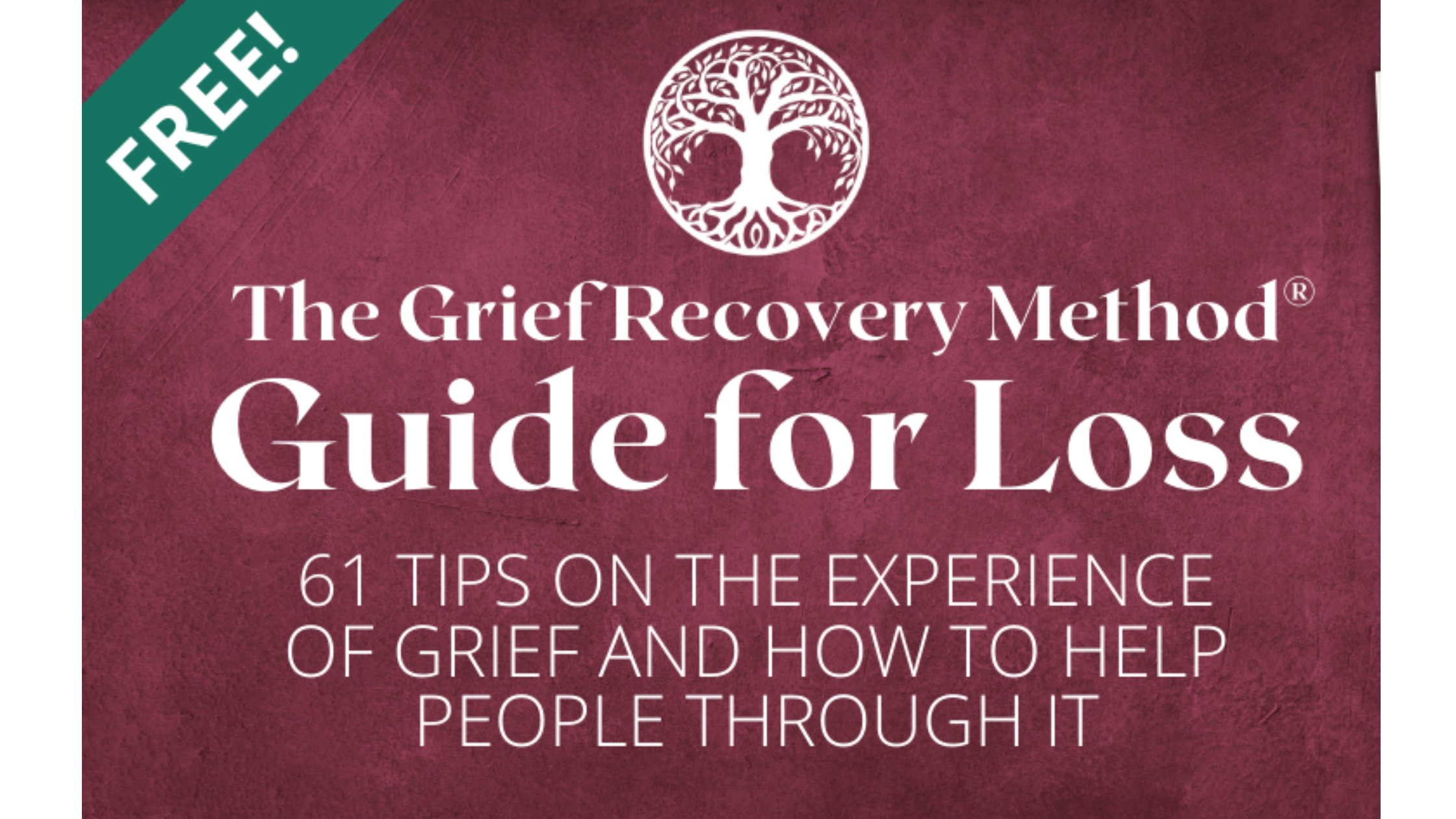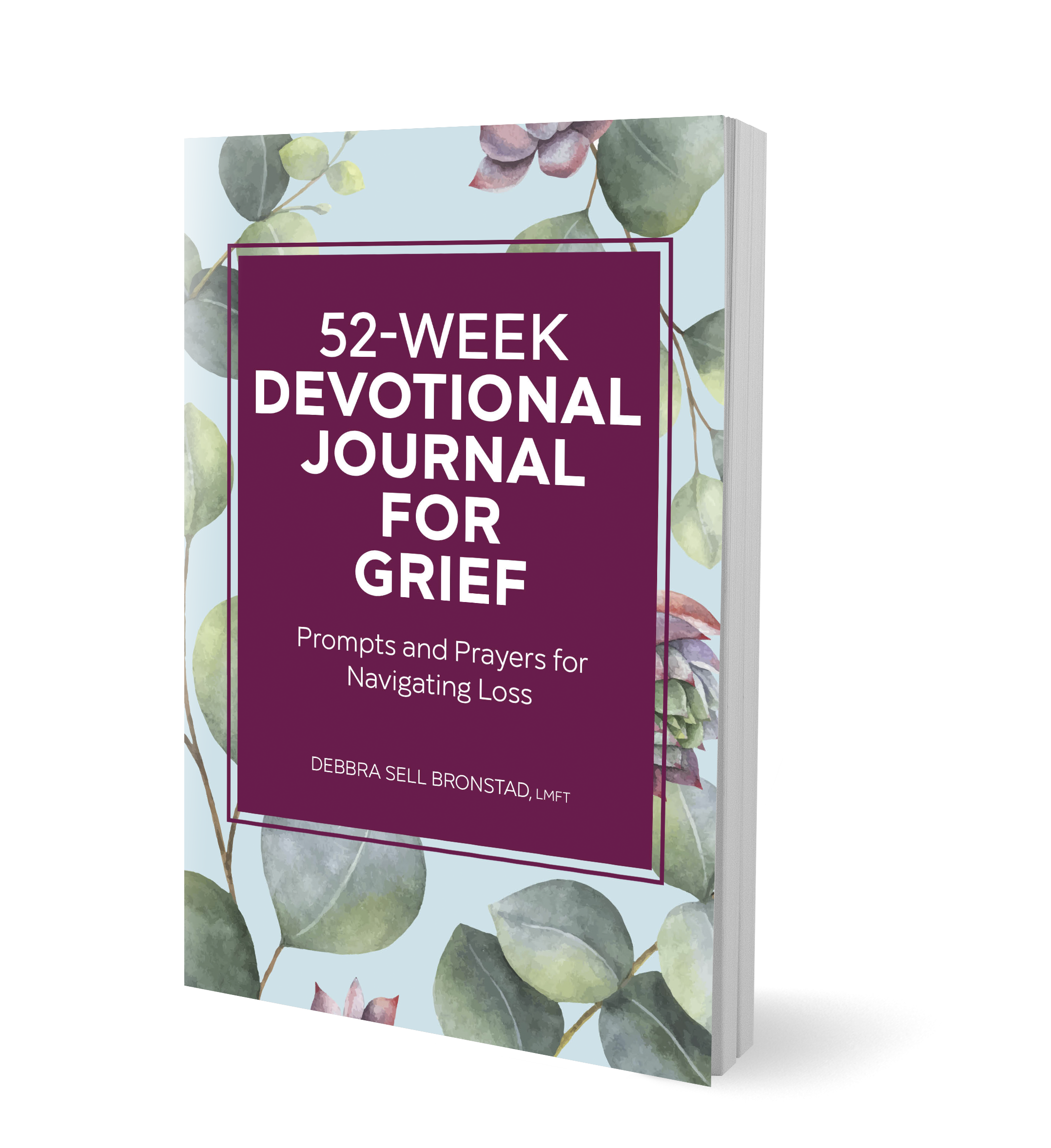Grief and Depression are Commonly Confused
The symptoms of grief and depression are very similar. Depression is often used to describe the profound sadness that is a natural human reaction to grief and loss. The symptoms of grief are very similar to those of clinical depression:
- Lack of energy and motivation
- Difficulty concentrating
- Interruption of sleep patterns (either sleeping too little or too much)
- Change in eating habits (eating more or less than usual)
- Roller coaster emotions
Many
times people suffering a normal reaction to a significant loss go to their doctor for help with the symptoms of grief. They are
often given antidepressants. However, many experts now believe that this treatment may
interfere with the normal grieving process.
The National Co-morbidity Survey (published in The Archives of General Psychiatry, Vol. 64, April 2007) observed more than 8,000 subjects and discovered that as many as 25% of grieving individuals diagnosed with depression were sad, but not clinically depressed. The study noted that these subjects would benefit more from supportive therapies that may prevent the development of depression.
Supportive therapies can include talk therapy, support groups, grief coaching or Grief Recovery groups. By talking about and processing the emotions around grief, many people find their hearts less weighed down by sadness, guilt, regret and other painful feelings.

Symptoms of grief can include physical, emotional, cognitive, spiritual and social manifestations in addition to sadness or depression. Click here for more information on grief symptoms and how to deal with grief.
Grief Recovery can help
Grief Recovery helps you to take the specific steps necessary to complete the unfinished business in your relationship can be an important part of your healing journey. Talking with a trained Grief Recovery Specialist can help you resolve the pain associated with:
- trauma around the death
- regrets in the relationship
- resentment or bitterness toward the person who died
- guilt
- things you wish you had said to the person who died
- adjusting to life without the person
Click the Guide for Loss image below to get tips for dealing with grief.
Return to Grief Symptoms from Grief and Depression



